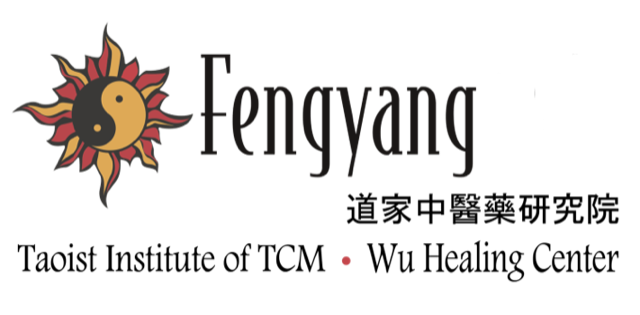Unveiling the Anthelmintic Miracle of Lei Wan: Dissolving Parasite Proteins to Expel Tapeworm Heads
By Dr. Mingjie Wu – Sharing 40 Years of Fengyang TCM Clinical Experience for the First Time
Inheriting Classical Chinese Medicine in a Time of Need
Subscribe our YouTube channel Dr Wu Healing , share with your community, and let’s study and revitalize Chinese medicine together—for the benefit of both self and others, and to return to the Way of Nature.
⸻
Lei Wan: A Humble Herb with Powerful Anthelmintic Effects
Among the many anthelmintic herbs in traditional Chinese medicine (TCM), Lei Wan (Omphalia lapidescens) is one of the lesser-known, yet most effective. Used historically for childhood nutritional deficiencies (gan ji) caused by parasitic infections and abdominal pain, this modest fungus has shown astonishing bioactivity in modern pharmacological research. Particularly for stubborn tapeworm infections, Lei Wan demonstrates a precise and lethal mechanism—dissolving parasite proteins to dislodge the worm’s head, making it a true “natural anti-parasite warrior.”
⸻
Origins in the Classics: Bitter and Cold, Entering the Stomach and Large Intestine Meridians
According to the Compendium of Materia Medica (Ben Cao Gang Mu), Lei Wan “specializes in treating childhood nutritional disorders.” Contemporary TCM pharmacology further confirms its effectiveness against parasites. TCM identifies Lei Wan as bitter in flavor and cold in nature, entering the stomach and large intestine meridians. It is used to treat conditions such as abdominal pain due to worm accumulation, chronic nutritional depletion, poor appetite, sallow complexion, and emaciation—especially in children.
⸻
Modern Pharmacology: The Real Hero Is the Protease
Lei Wan’s powerful effects are now understood to come from a natural component: proteolytic enzymes, which make up about 3% of its composition. These are highly active protein-digesting enzymes that, once absorbed by the parasite, directly break down the worm’s structural proteins, especially those in the head region:
• The worm loses its ability to attach to the intestinal lining;
• The damaged body begins to disintegrate, and the parasite is expelled naturally via the stool;
• The entire process occurs gently, without the need for harsh purgatives.
⸻
Why Lei Wan Must Not Be Boiled: The “Heat-Sensitive” Nature of Its Enzymes
A crucial detail that determines Lei Wan’s effectiveness: it must be taken raw, in the form of finely ground powder, not decocted. The active protease enzymes are heat-sensitive, and boiling will cause them to denature, destroying the very components responsible for killing parasites.
• Recommended dosage: 3–6 grams of raw powdered Lei Wan, taken with warm water.
• Best taken on an empty stomach to ensure maximum contact with intestinal parasites.
• Can be combined with herbs such as betel nut (Bing Lang), pumpkin seeds, or Quisqualis fruit (Shi Jun Zi) to broaden and deepen its deworming efficacy.
⸻
Indications and Precautions
• Indicated for tapeworms, roundworms, pinworms, and other parasite-related conditions presenting as abdominal pain, malnutrition, teeth grinding at night, and emaciation.
• Use with caution in individuals with cold or weak digestive systems (spleen-stomach deficiency).
• Contraindicated during pregnancy.
• During treatment, patients should avoid oily and protein-rich foods, and maintain a light, clean diet to support the herb’s action.
⸻
Conclusion: Returning to Classical Wisdom for Timeless Healing
With its unique protein-dissolving mechanism, Lei Wan stands out as a “biological warrior” in the field of TCM anthelmintics. It not only validates the classical principle of “bitter-cold herbs expelling parasites,” but also provides a clear scientific foundation for this traditional theory. Rather than relying solely on synthetic pharmaceuticals, let us revisit and honor the wisdom embedded in ancient herbal remedies like Lei Wan—discovering anew the power of nature and tradition.



